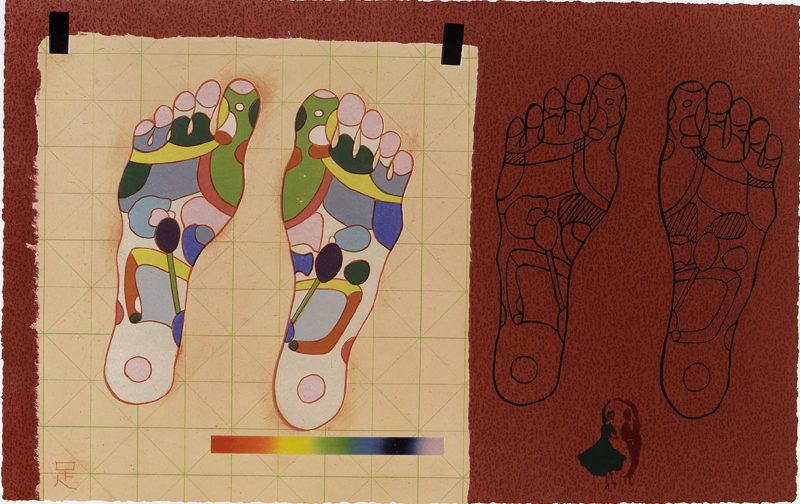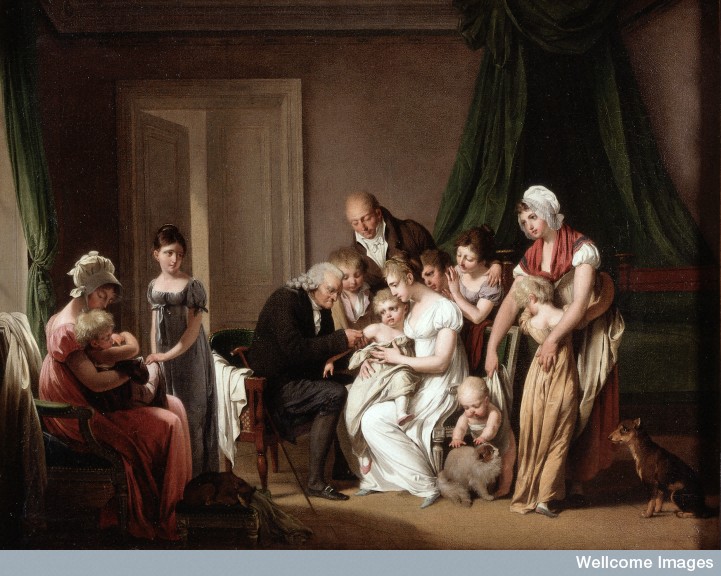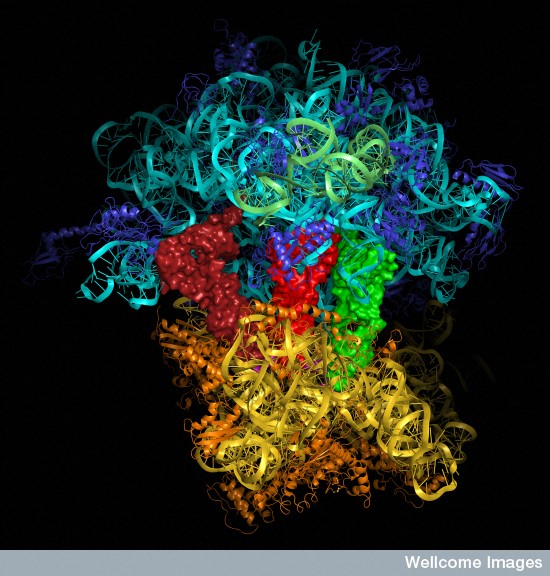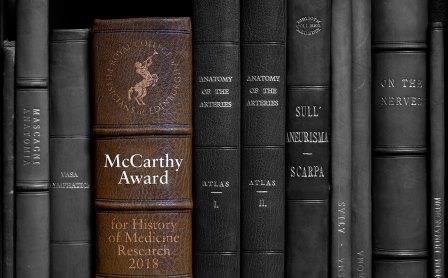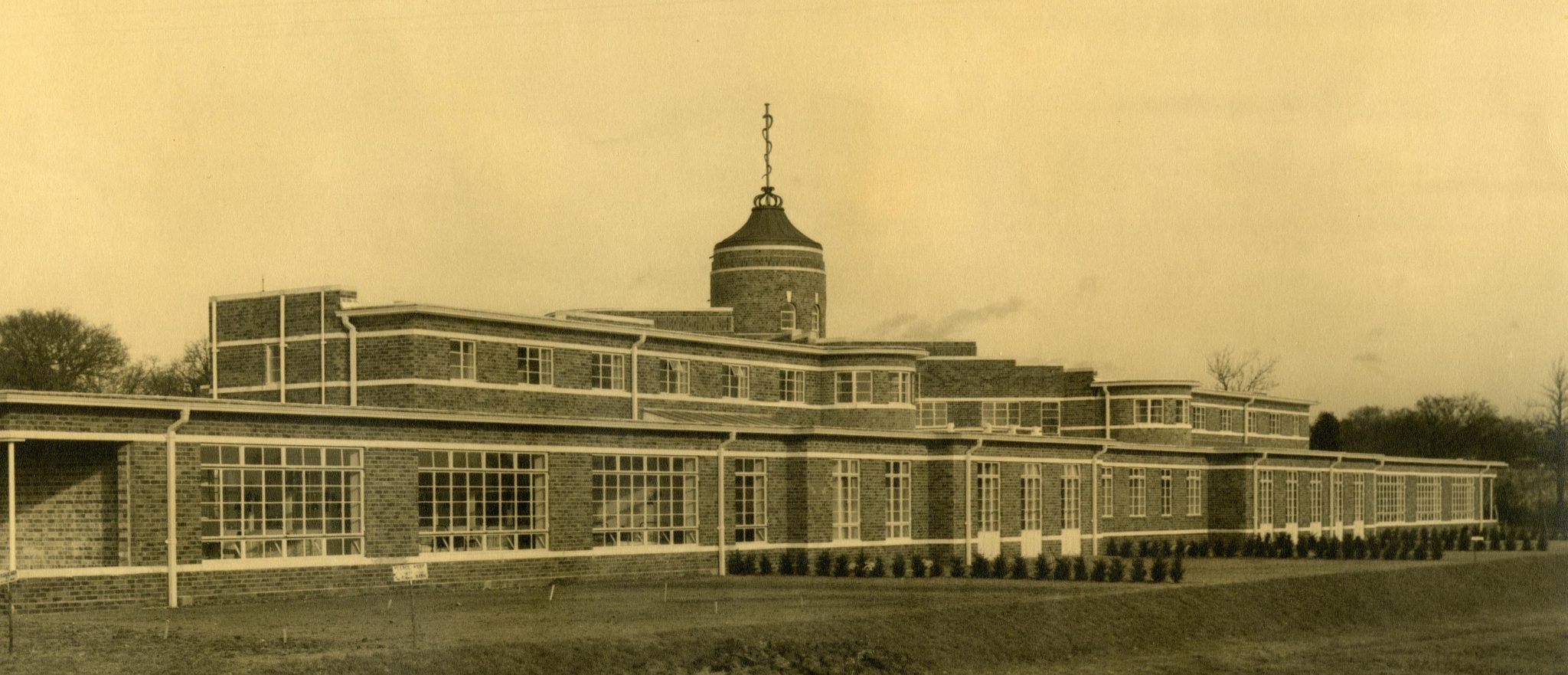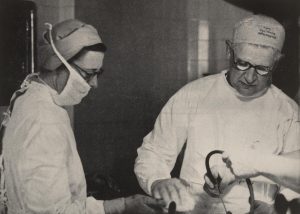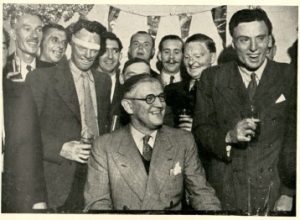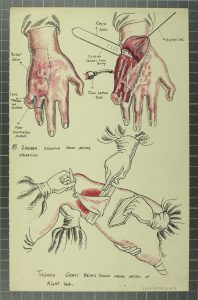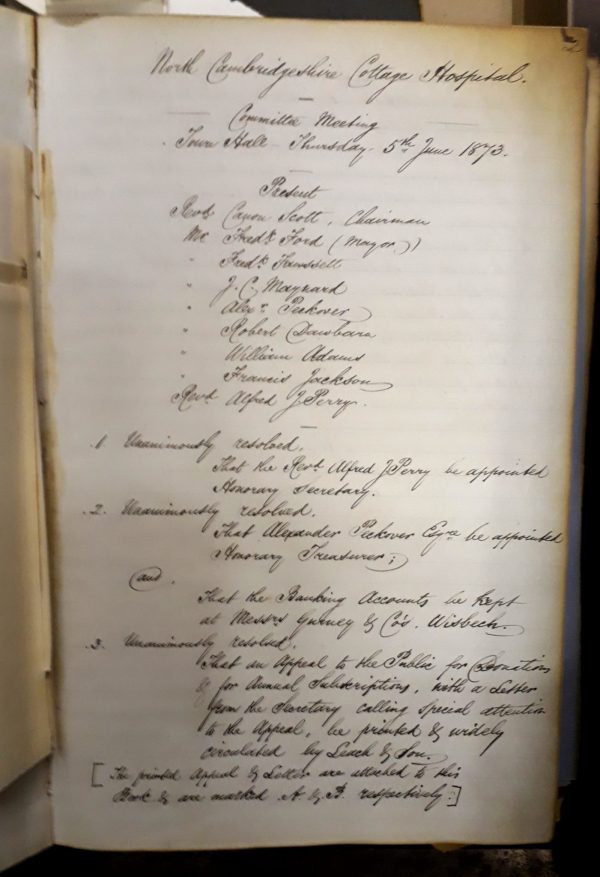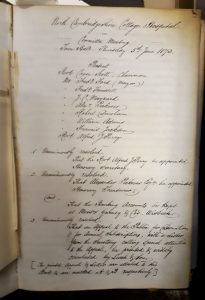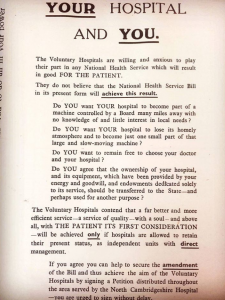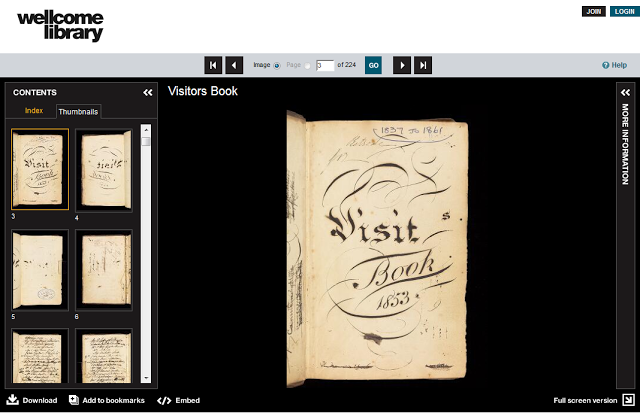Moving the RCS Archives
Posted onLouise King: Archivist, The Royal College of Surgeons of England
In June 2017 the archives of the Royal College of Surgeons of England (the College/ RCS) moved to the London Metropolitan Archives (LMA)…well, most of them did…and they haven’t moved forever…it’s a long story but I will try to keep it brief!
In May 2015, I attended my first meeting to discuss how we would move the archive collections out of the building, where to, for how long, and how we would prepare them for this upheaval. Over the next two years I attended a lot of meetings, counted a lot of things relating to archives and was grateful to a lot of very hardworking individuals. Don’t get me wrong, the work on the archives didn’t suddenly start that day in 2015, it had been going on since the start of the century when the College appointed its first professional archivist, but the prospect of a move makes you think about things differently.
As well as the archives, the library and the museums needed to move the majority of their collections out too, but my focus was the archives. The reason for the move was that, by 2015, the College was made up of parts that had mostly gone up since the 1950s (the only 19th century parts were the portico, the Library and the entrance hall) and was no longer fit for the College’s activities and staff in the 21st century.
Preparation:
Our small team already carried out the processing, including basic repackaging when required, and promotion of the archives. Our archive collections (a mix of the College’s own papers and those relating to the history of surgery) were housed in a number of rooms in the basement (of course!) of the College. They weren’t perfect but they were adequate. With the prospect of the College being largely knocked down and rebuilt, and relying on other people to work with our collections, we now had to look at the collections and what we did with a different eye. We had to consider questions such as: are the collections packaged well enough to protect them during journeys in a van and are the box labels correct and clear if you aren’t familiar with our collections? Every archive has labels that have been amended but not printed off again, yet, but when other people will be handling the boxes for you, suddenly these potentially confusing labels appeared to be on every other box!
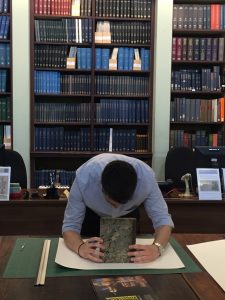
In May 2015 we were a team of just 1.5 people (with occasional volunteers) but to prepare for the move we took on someone to backfill the daily tasks for me and a cataloguer. The meetings I attended were largely to discuss the logistics not only of our own move, but to ensure that we didn’t clash with the library or museums as well as the rest of College. We also had to make the arrangements for the off-site storage with our new partners.
We decided that using barcodes on the archive boxes would be beneficial both during the move and for tracking future movements. Tablets and scanners were bought, each pair of barcodes were put on a short and a long side of each box. We then scanned the barcodes into an Excel spreadsheet because we were unable to scan straight into Adlib.
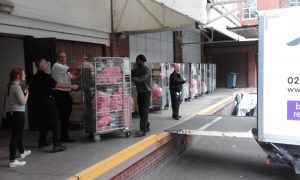
We used Harrow Green for the moves of the archives and of the library. For the archives we just used them on moving days but the library also used them to help with packing up the books (wrapping in tissue, moving to temporary locations). We all agreed how fantastic the team working on our project were!
The Move:
The moving days were possibly the easiest part of the whole project. Most of the archives were moved during one warm week in June. Three days were spent shuttling between the College (near Holborn) and the LMA (Clerkenwell) and one day going out to TNA at Kew. Archives staff were at each end to oversee the Harrow Green staff loading boxes into cages, onto and then off the vans before going onto their new shelves.
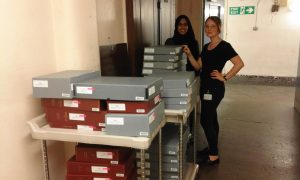
They felt like long days! Harrow Green like to start early, to get as many van loads done as they safely can in a day, so we took it in turns to be in early and rotated the other posts.
The shelves at LMA were already barcoded and we have put barcodes on the shelves we are using at TNA, so once boxes were unloaded, the barcode on their new shelf was scanned into the spreadsheet.
Post-move:
You’d think that the rest of the summer would have been quiet and an anti-climax. I was now an archivist separated from the bulk of her archives (without the means to provide access) and the rest of the College was gradually being packed up. But that meant that people started finding “things” for the archives so we had to start a new series of “uncatalogued” boxes (which we then moved along with the office contents in September). We also needed that time to input the new locations into the catalogue. All too soon, we were moving out of our office at the College, the Library was no longer “ours” as the whole building was handed over to the contractors, and we moved our last boxes over to LMA.
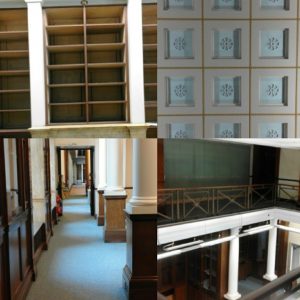
The last of the (archives, library and museums) project staff left in August. The Archives team is back to 1.5 people working in both Holborn and at LMA.. The current situation takes a lot of explaining to some people but our researchers are gradually venturing to Clerkenwell where LMA staff retrieve the boxes and invigilate the Archives Study Area. The arrangements all seem to be working well so far.
The Future:
The architects are hard at work on the plans. Knowing that we will only have a fraction of the on-site storage that we used to, we are making plans for long-term off-site storage and retrievals. While the Library and the front of the College won’t be changing much, their use will be. This means that we are now planning a search room from scratch. It will be smaller (we used to have the whole Library) but will be easier to invigilate and provide services for researchers. The College is due to re-open in 2020.
If anyone reading this is planning a move, particularly of cross-domain collections, do get in contact as we would be happy to share our experiences and lessons learned.
